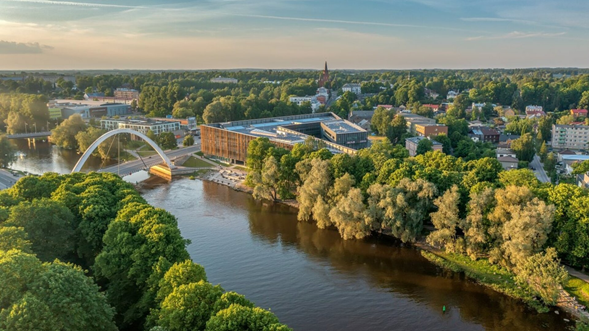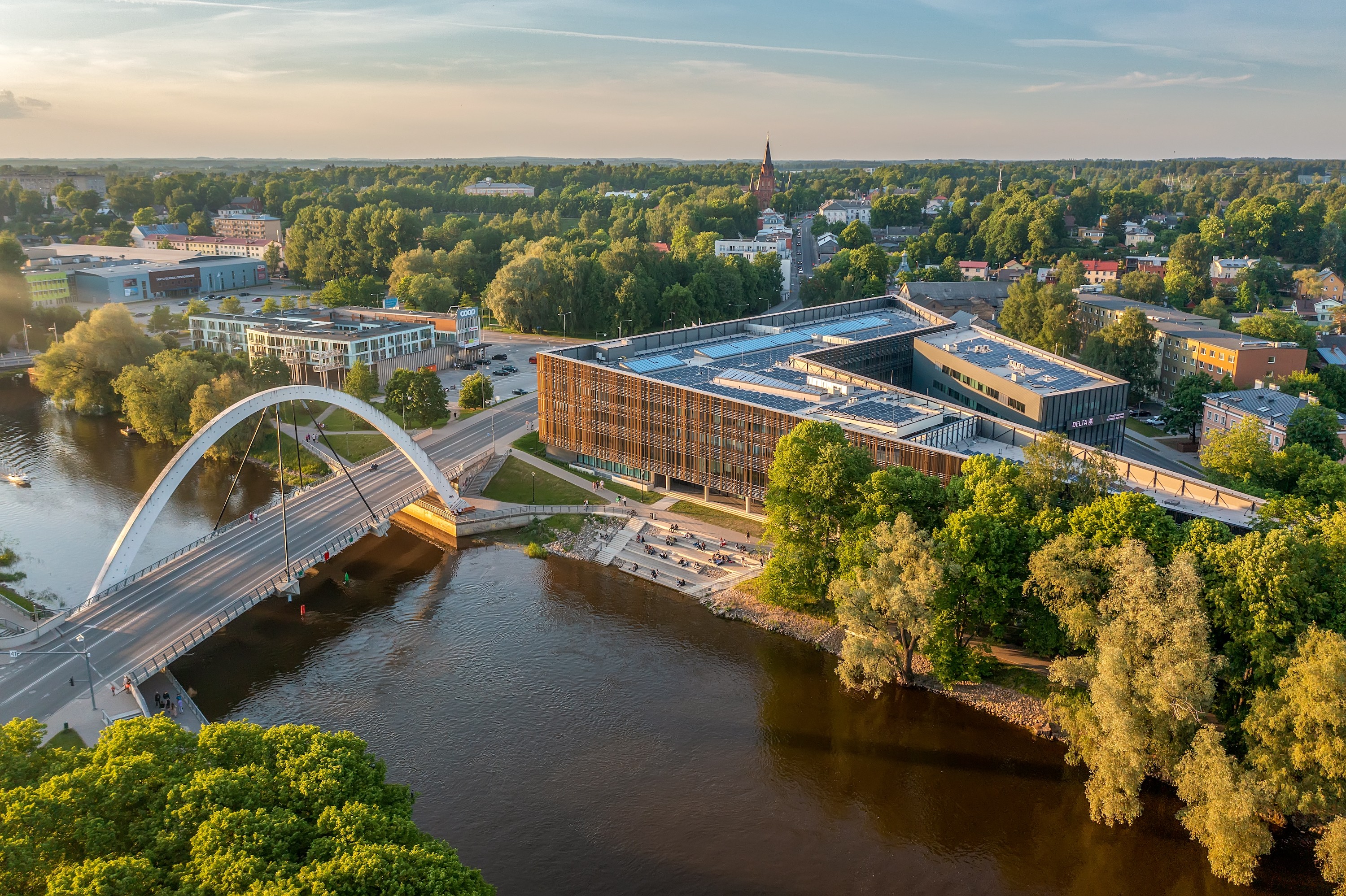Artificial intelligence and technological tools for societal challenges
During my recent Transnational Access (TNA) visit to the University of Tartu, I explored two highly relevant research areas: applying artificial intelligence (AI) in healthcare and innovative methods to tackle misinformation online. The university’s strong support and welcoming environment enabled valuable collaboration and knowledge exchange, fostering academic growth in a vibrant, home-like setting.

AI for Healthcare: Addressing Dementia with Early Detection Models
One main research area explored during the visit was AI's potential to address health challenges, particularly through early Alzheimer’s detection. As life expectancy rises, developed nations face increasing cases of dementia, projected to impact 150 million people by 2050. Alzheimer’s disease, the most common form, creates substantial economic and emotional burdens on families, caregivers, and healthcare systems.
Current diagnostic methods rely on traditional tests, often time-consuming and lack early-detection sensitivity. Recent studies suggest that language impairments, especially in spontaneous speech, can indicate early cognitive decline. Building on this insight, I presented a fully automated approach using neural networks trained on speech spectrograms. Employing advanced data augmentation techniques to tackle limited annotated data, this method achieved impressive accuracy in both English and Italian. Notably, cross-linguistic testing (e.g., training in English and testing in Italian) yielded high accuracy, demonstrating the tool's multilingual and scalable potential for screening applications.
Combating Misinformation: A Framework for Enhancing Information Integrity
The second major research topic during the TNA visit addressed the pervasive issue of misinformation online. The vast amount of user-generated content has enabled unprecedented information sharing but also led to information disorder, which undermines public trust and democratic values. Fake news and misinformation spread rapidly, manipulating public opinion and causing confusion on critical issues like health and climate change.
Traditional fact-checking methods struggle to keep up with content volume and language ambiguity. I presented an innovative solution that combines text watermarking with distributed ledger technology, creating a scalable, language-independent framework to ensure news authenticity. This approach balances freedom of expression with quality control, verifying content authenticity without resorting to censorship.
Personal and Professional Impact of the TNA Visit
The TNA visit provided a unique chance to engage with interdisciplinary perspectives, highlighted by the two seminars held during the visit. These seminars attracted participants from beyond the computer science department, creating a collaborative atmosphere where diverse insights enriched discussions. This diverse audience helped explore AI and data analysis applications for broader societal issues, like healthcare and media integrity, fostering cross-disciplinary knowledge exchange. The University of Tartu’s strong support and the city’s welcoming, progressive environment made the visit both professionally and personally rewarding. I highly recommend a TNA visit to colleagues interested in lasting collaborations and meaningful cross-disciplinary connections. Unlike brief conferences, a TNA visit offers an extended timeframe, enabling in-depth discussions and solid project planning—key for building enduring partnerships.

